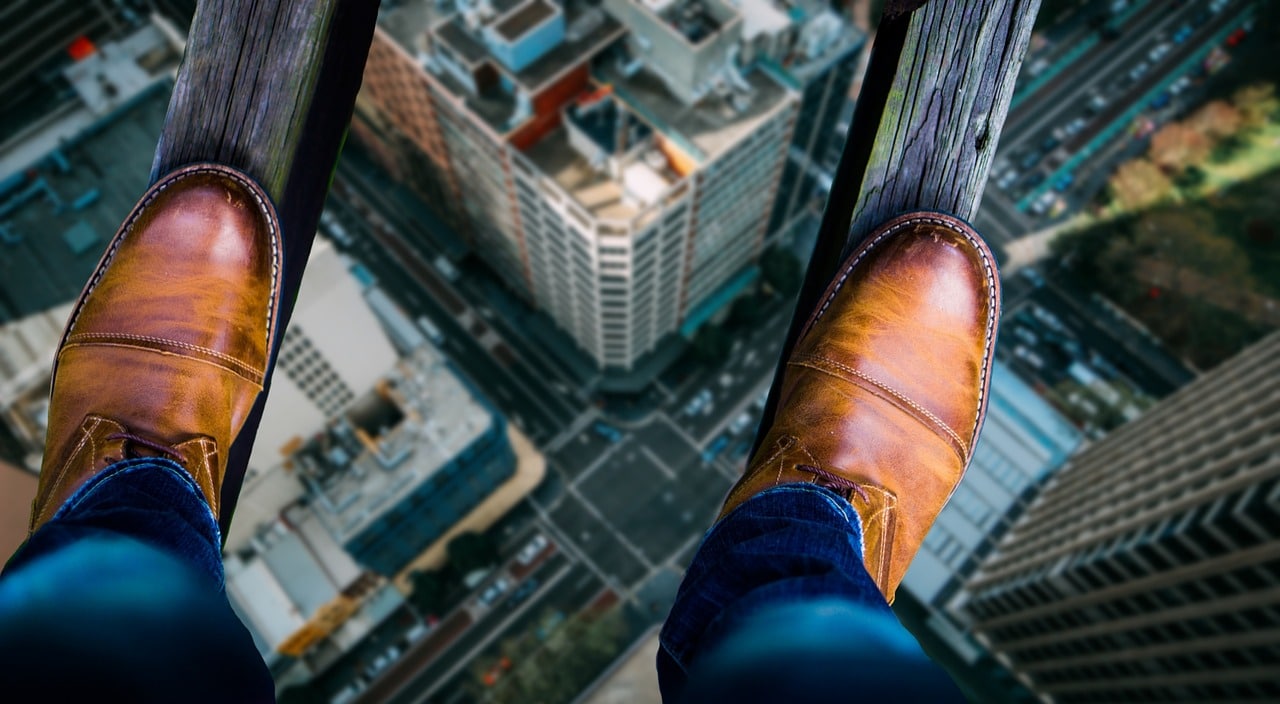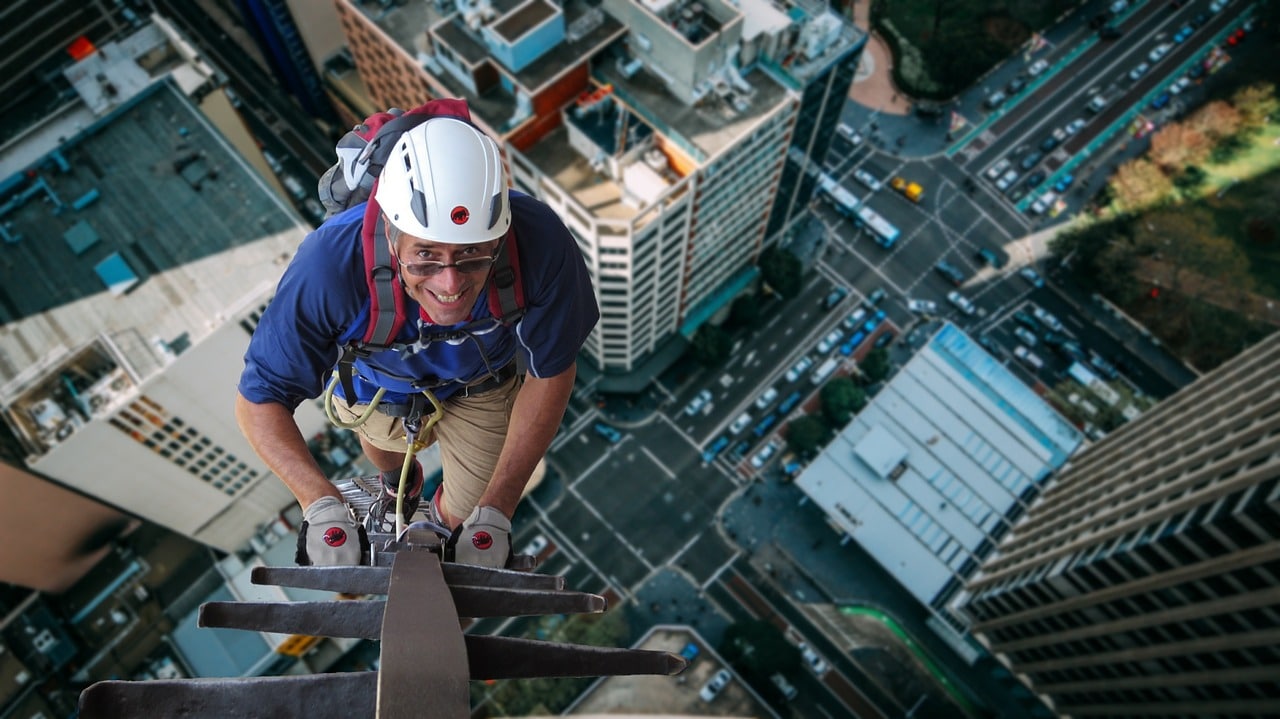
Acrophobia is an irrational and exaggerated fear of heights.
Acrophobia is the exaggerated and uncontrollable fear of heights . This concept, which has its origin in the Greek terms akra (translated into Spanish as "height" ) and phobia (understood as "fear" ), is used by psychology experts.
The term phobia , for its part, comes from the Greek word phobos (fear) joined to the suffix ia (quality), which is understood as a quality of fear . Acrophobia is a concept coined at the end of the 19th century and began to occur in cities where there were tall skyscrapers. It was Andrea Verga, a renowned Italian psychiatrist of that period, who, by studying the symptoms that this disease presented, was able to describe it.
According to scientific studies, acrophobia is related to a persistent and unjustified fear of heights that can occur in certain situations and be reflected through high levels of anxiety. The stage of life in which it usually appears for the first time is at the end of childhood or at the beginning of adult life and may be a consequence of strong pressure or psychological stress . Some specialists also relate it to the fear of not resisting the temptation to jump into the void from a high place.
People with acrophobia
An acrophobe ( a person who suffers from acrophobia) shows evasive behavior in the face of the feared situation, caused by a sudden level of anxiety produced by said phobia and which can affect their social and work life.
Those who suffer from acrophobia, therefore, avoid by all means looking out from a balcony, approaching the edge of a cliff or climbing to a high viewpoint , for example. It is not even necessary for the person to be at a high altitude to feel fear: the fact of assuming or imagining that he or someone he knows may be in said situation causes a level of anxiety such that he cannot repress and that he usually result in a panic attack.
The symptoms of these nervous breakdowns are: accelerated heart rate, excessive sweating, labored breathing, pain in the chest, dizziness, a feeling of loss of control, chills and lightheadedness. It is a very strong feeling of fear and insecurity that can even convince the patient that they are losing their balance and that their body is not responding.

Acrophobia is linked to vertigo.
The vertigo
Acrophobia is related to height vertigo , which causes in those who suffer from it a marked feeling of insecurity and fear of the possibility of a fall, which can even be experienced by a third party who could fall.
When someone feels vertigo, their balance is altered and they are conditioned by a sensation of rotating movement that can be detected both in the body itself and in any object that is around it.
Acrophobia treatment
To treat acrophobia, the habituation method is used, which consists of presenting the patient with different relaxation techniques that help them cope with highly stressful situations.
Gradually, the therapist gets the individual to face situations in which this phobia appears, so that the patient works on it and makes the fear progressively decrease .
